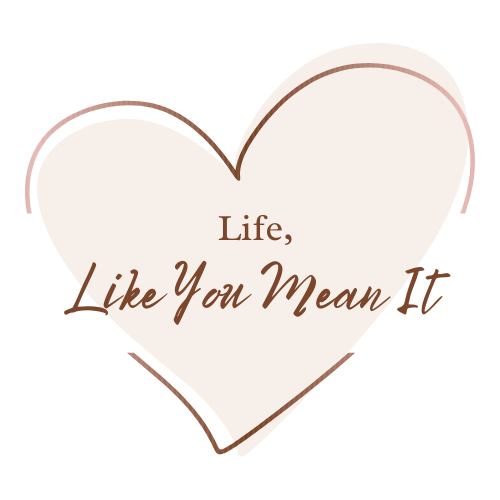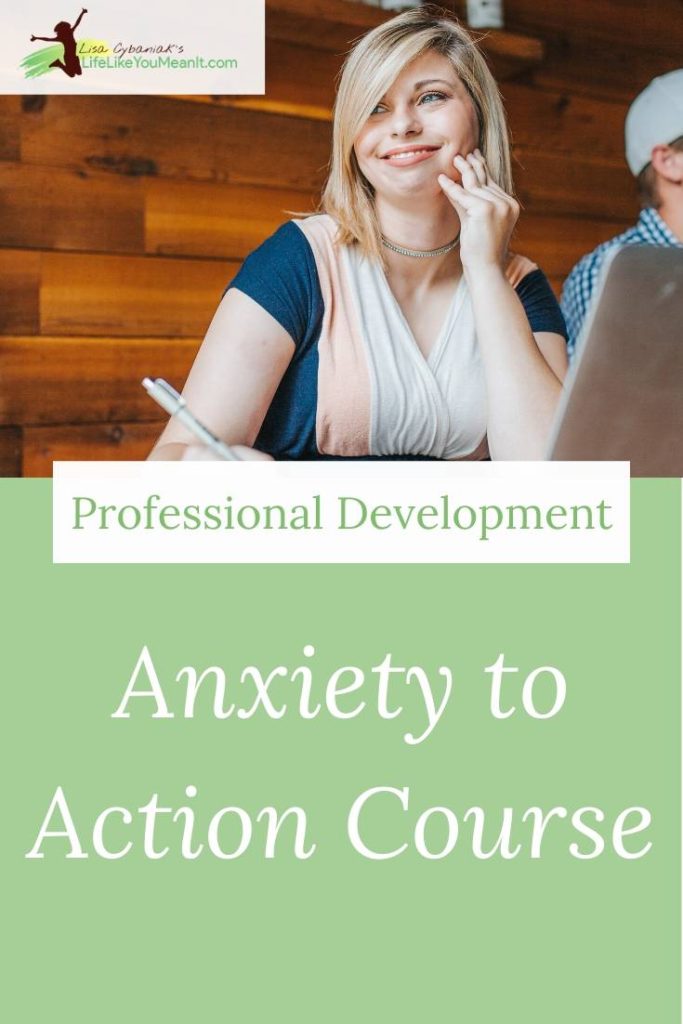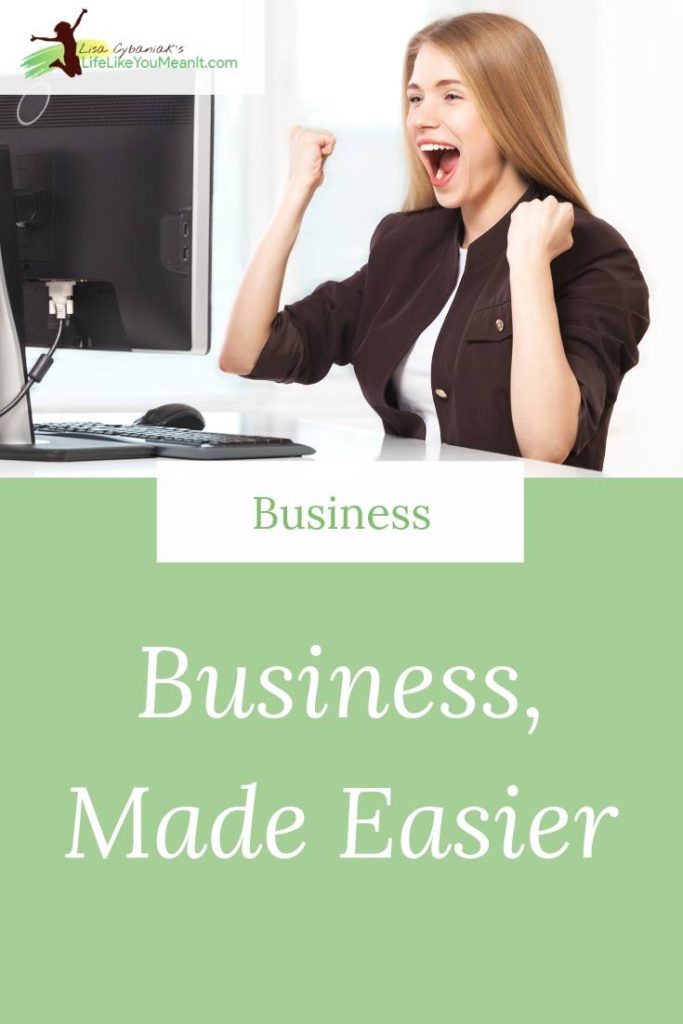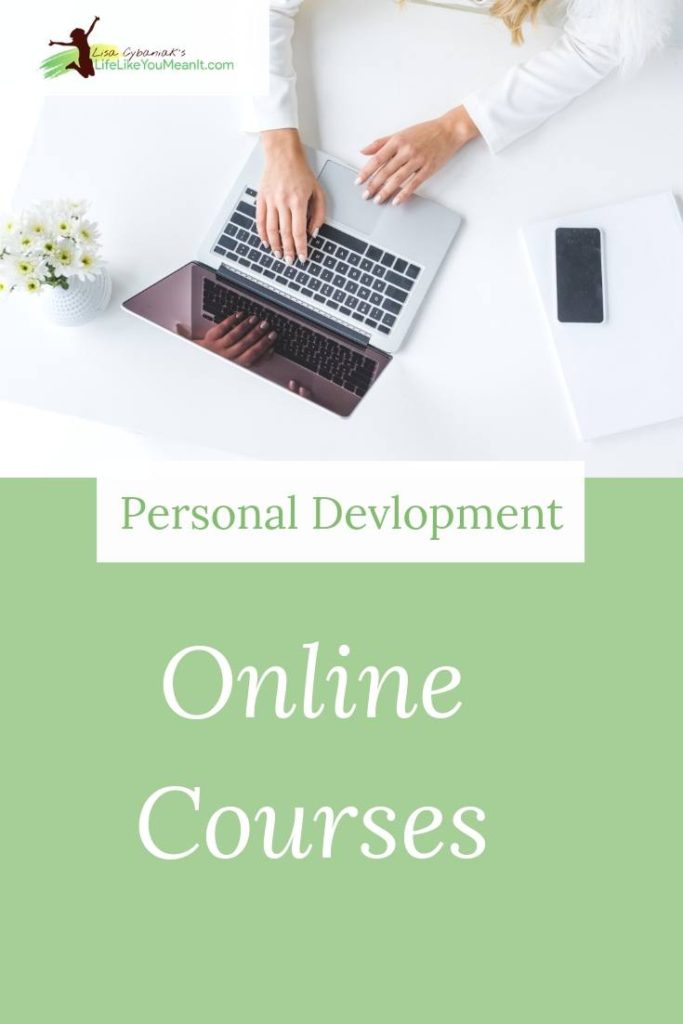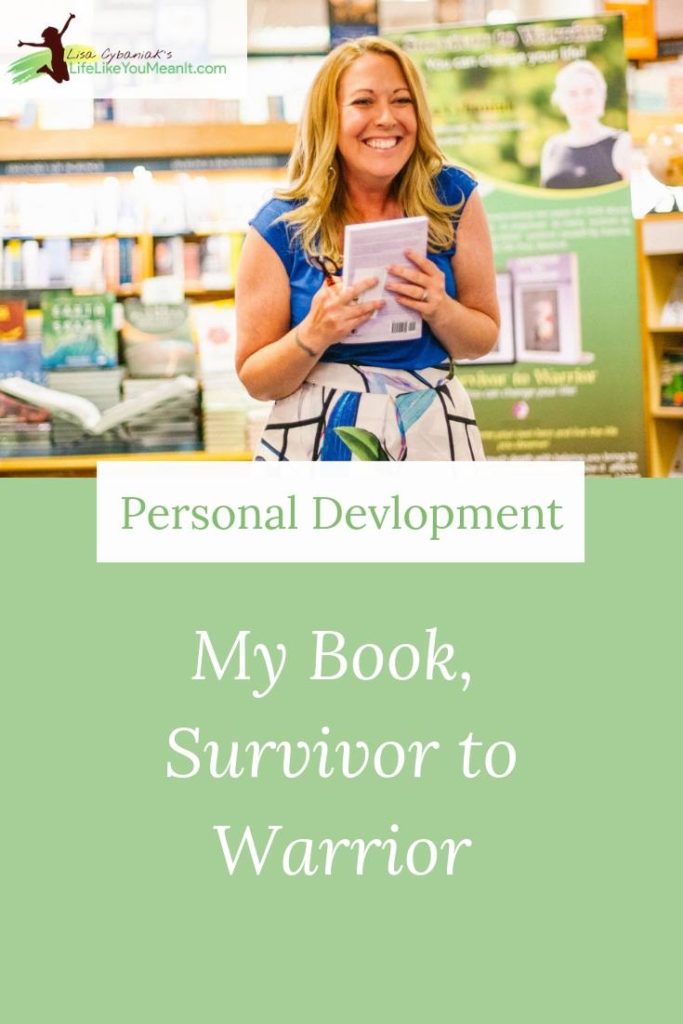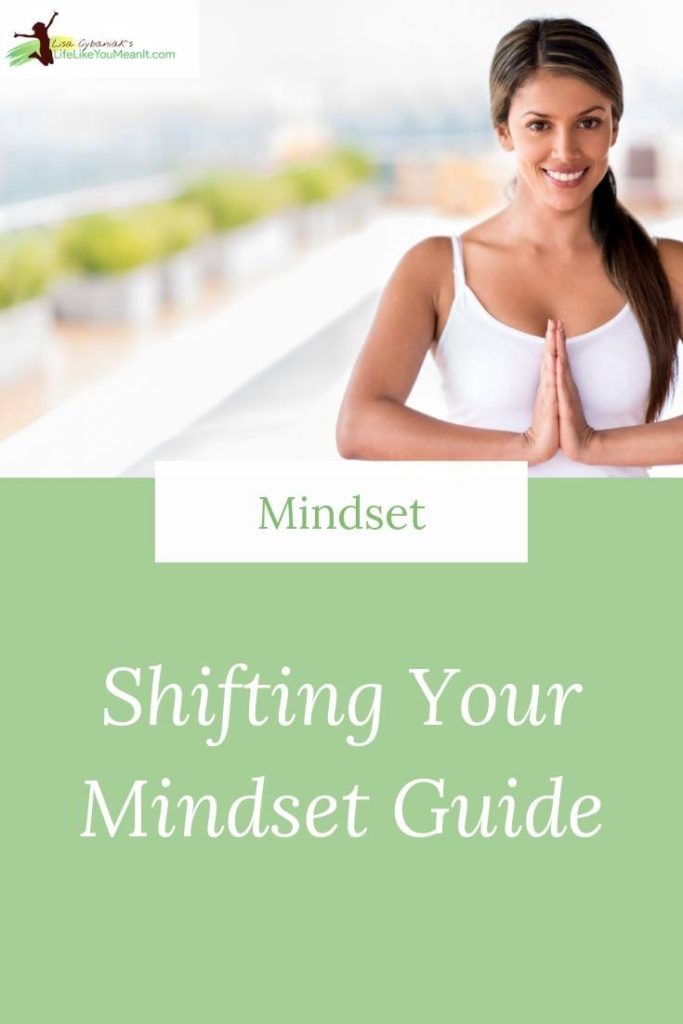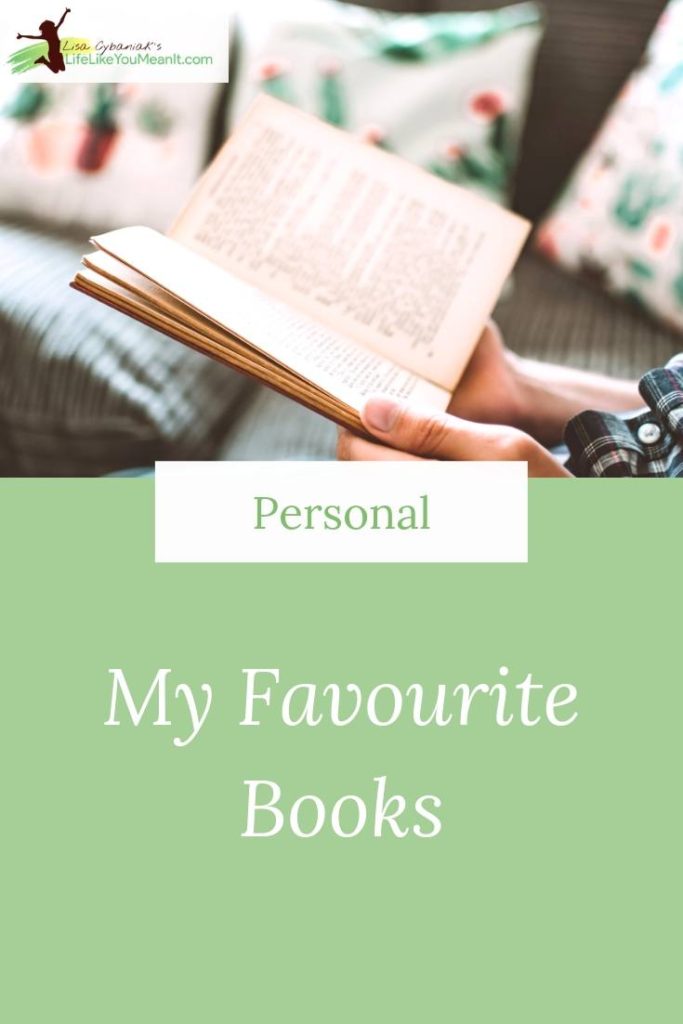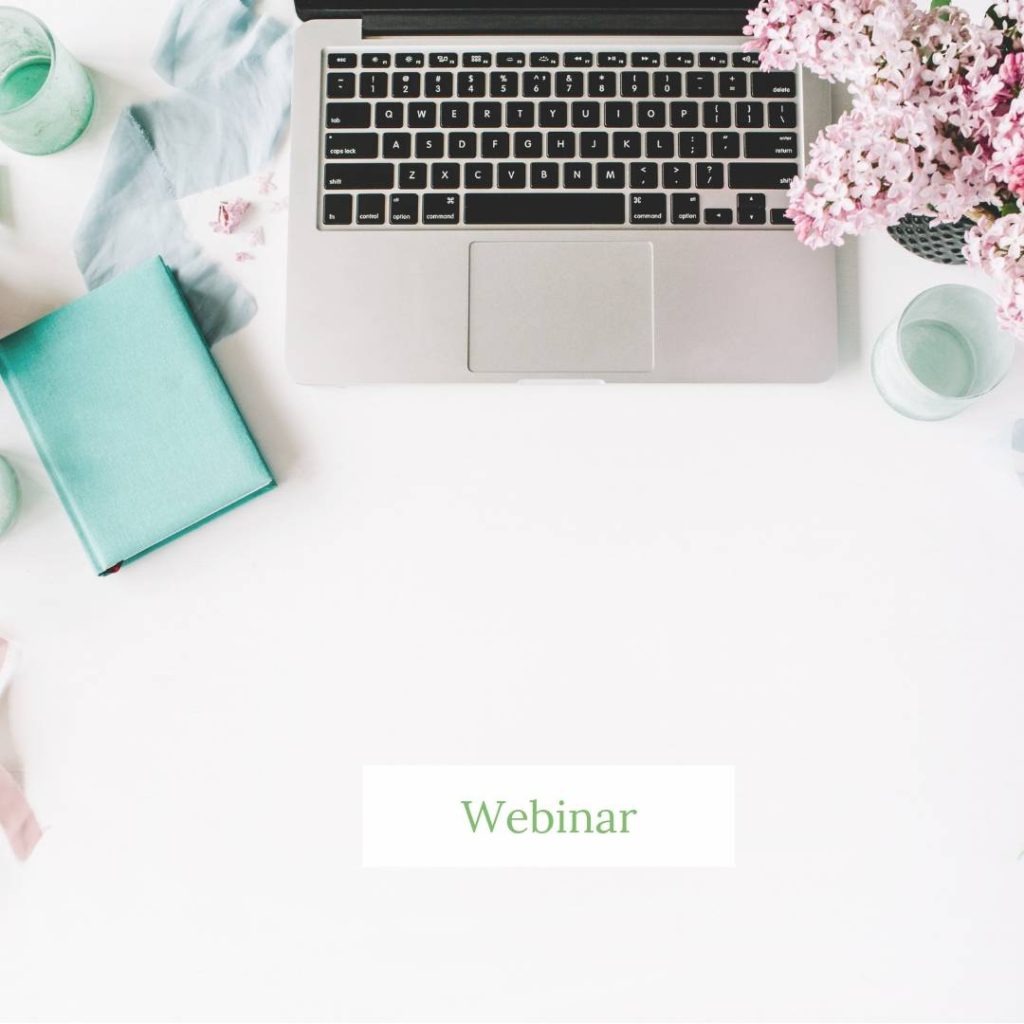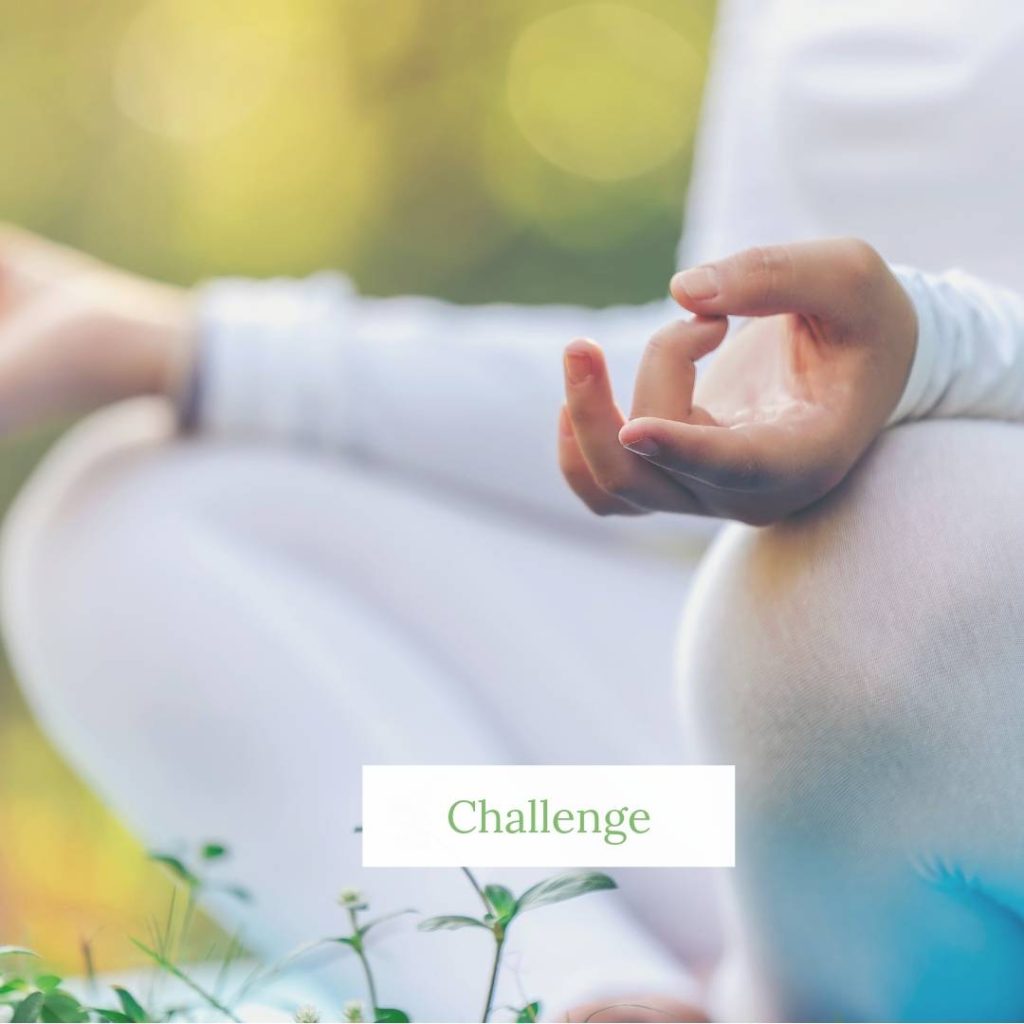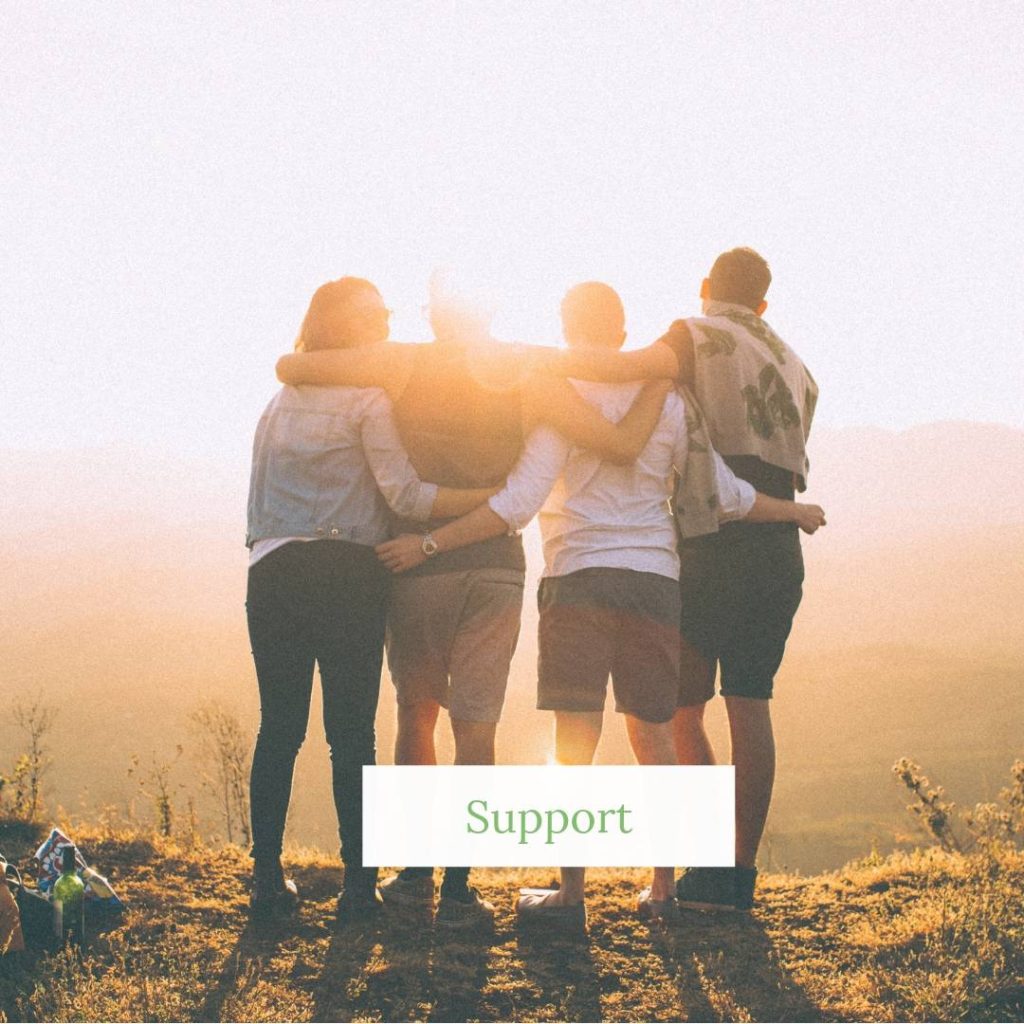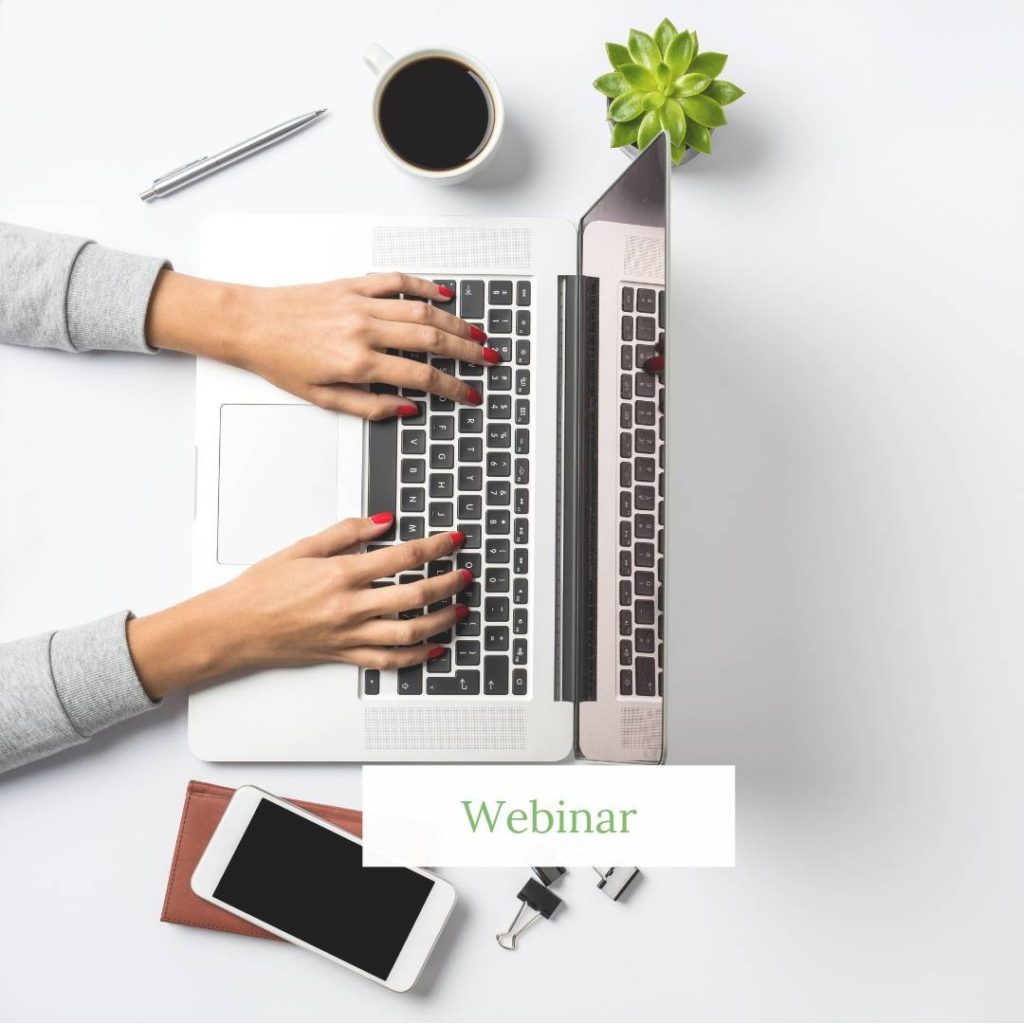by Lisa Cybaniak
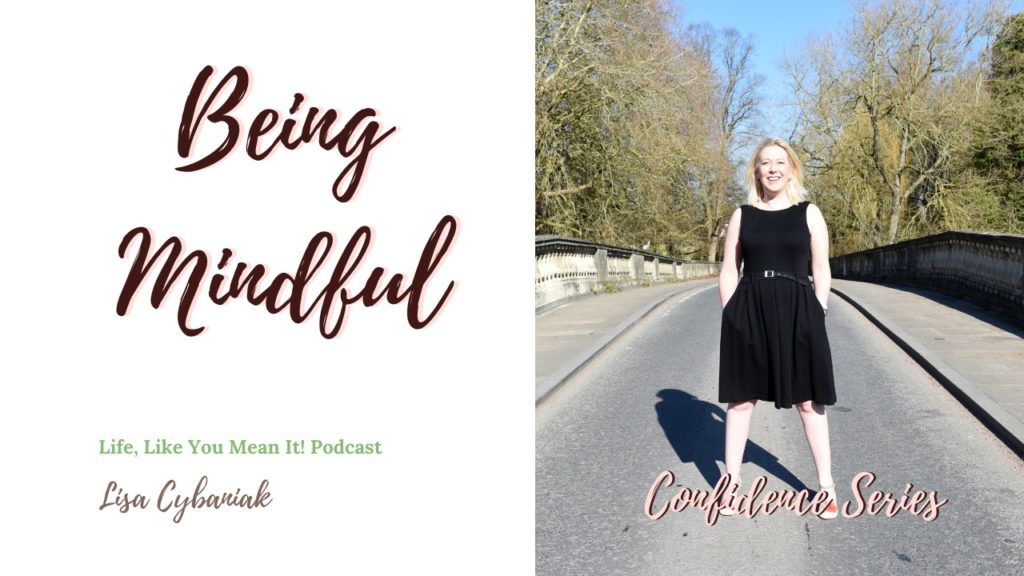
You can also listen on…
Being mindful is not only one of the ways I’ve built my confidence over the years, but it’s also how I changed my life around from being suicidal after a decade of child abuse.
In those days, I was a victim, and I think anyone who’s faced anything similar would feel victimised as well. That’s normal. But staying in that mindset caused a crushing blow to my confidence. The two played off each other, like a tragic yet beautiful dance.
Let me explain.
After finding safety from my abuser at the age of twelve, I was no longer literally being victimised. Yet, I continued to play that role every moment of every day. That’s because part of that abuse included being told I was stupid, ugly, worthless and useless. Nobody was ever going to love me and I would never do anything with my life.
Belief Formation
His opinion of me became my opinion of myself. Every time he chastised me, made fun of me, called me names, laughed at me, or told me I should’ve done better – why did I just get an A… what happened to an A+? – the evidence built to support that opinion. And that’s how a belief is formed – through the collection of what we believe is evidence to support our opinion.
So, although I was physically safe from him now, I wasn’t anywhere near safe from myself. It’s quite difficult to have confidence in yourself when you believe such horrible things about yourself. In fact, the very feeling of confidence went against my belief in myself.
When that happens – when what you’re experiencing in your world defies something you’ve decided is fact based on your beliefs – your unconscious mind filters that experience, into the “That didn’t happen” column, if you will.
Your unconscious mind can literally decide that what you’ve just experienced didn’t happen. Or it didn’t happen the way it actually happened. That’s how you can have two people experiencing the same thing at the same time and walk away with a completely different idea of what actually happened.
Beliefs Shaping Reality
So, there I was, a teenager, viewing my world through the eyes of someone who fully believed she was stupid, ugly, worthless and useless, would never be loved and would never amount to anything in life.
When my reality didn’t match my narrative – in other words, when I succeeded at something, was complimented, or generally felt good about myself – my brain frantically searched for all the negative things I could possibly find in that very same situation, just to prove myself right.
Sometimes that meant I would make things up and lie to myself. When someone would compliment me, causing me to feel proud of myself and think I had done a good job with something, I would immediately come up with a self-degrading explanation.
For example, if someone said I looked really nice, I would think to myself that they were being sarcastic. Obviously I looked ridiculous and they were pointing that out to me while making themselves look great in front of others by doing it in this sarcastic way. Everyone else would hear the compliment, but I knew what she really meant.
Not Being Mindful
I wasn’t mindful of what I was doing at all. I had zero awareness back then of the role I played in my own life. Partly that was due to my age and maturity level. But now that I practise being mindful every single day and have seen just what a difference being mindful makes, I can use hindsight to see that my lack of awareness was mostly due to my victimhood.
Playing the victim was all I knew. I wasn’t aware then that it had become a coping strategy. After all, I never once spoke up about my abuse. In fact, I actively hid it from everyone because I didn’t want to see the look of pity in their eyes, or for them to treat me differently.
I thought that if I ignored it and pretended it didn’t happen, it would just go away. So I definitely wasn’t playing the victim card out loud, in regards to my abusive childhood.
A Lack of Mindfulness = A Lack of Confidence
However, the internal victimisation of myself and my life was dominant and undeniable. Outwardly, I would display this victim mentality throughout my interactions with others. I really did see everyone’s actions and words as being directed towards me, to remind me of how worthless I was.
And because that’s what I truly believed, that’s what I expected, and that’s what I saw. Not that it was actually happening!
So, to say I lacked confidence, was an understatement.
Yet, there I was desperate to pretend to be what the world needed to see – a well put-together young woman who had her whole life ahead of her. That’s another coping strategy that helped me get through my abuse and made me feel “normal”. I just needed to look and act the part, and then it was so.
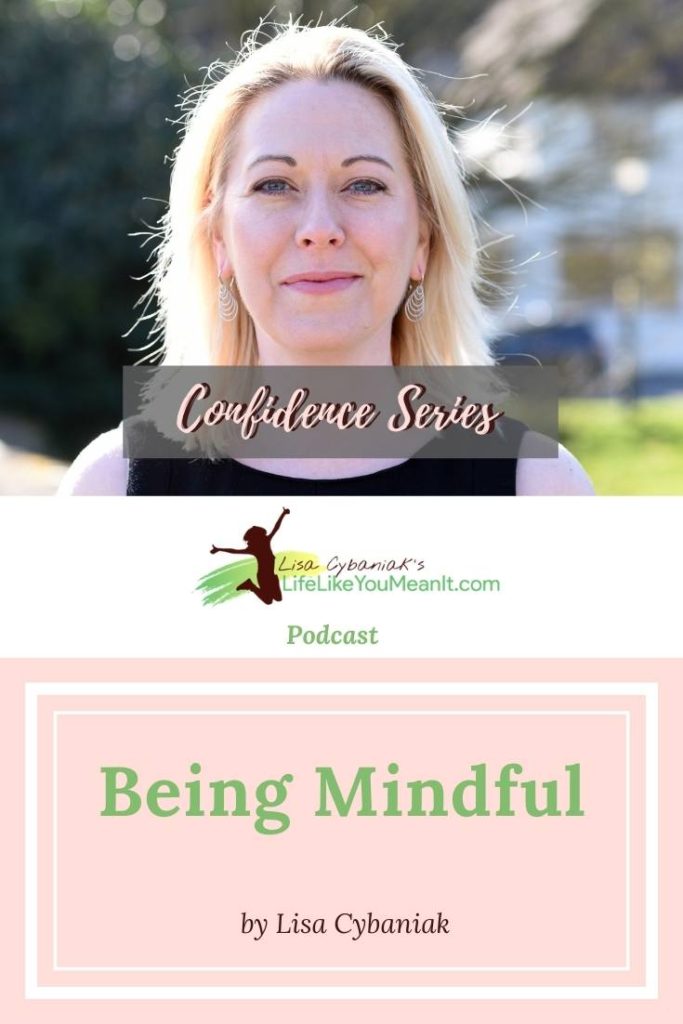
Becoming Aware of Being Mindful
I’m not sure exactly when the idea of being mindful entered my reality, but I’m pretty sure it involved reading self-help and books about spiritual growth and awakening.
I began reading these books out of desperation. I was suicidal, desperate to end the pain, and knew I couldn’t live the rest of my life with this pain. Somehow I understood that ending my pain was different from ending my life, and that if I could figure out how to do it, my life would be better.
So began my quest and thirst for knowledge. Being mindful, to me, means having a non-judgemental awareness of your thoughts and actions, in every moment. That meant that I had to start paying attention to my thoughts, and put the pieces of this puzzle together on how those thoughts were shaping my actions and the way I saw the world.
When I first began to really take notice of my thoughts, I had a very rude awakening. I was shocked and horrified to learn what I was doing to myself. I was definitely passing judgement upon myself, so I wasn’t exactly being mindful in the truest sense, but it was a start!
Beginning to Be Mindful
To begin to be mindful, I started with the predominant thoughts that entered my mind. I had a little notebook that I carried around with me and each time I became aware of a thought, I wrote in down. At the end of the day, I reviewed my notes and discovered the trend. All these thoughts were self-defeating, negative thoughts about myself, second-guessing my abilities.
Then I started to take note of what was happening at the time of the thoughts. This allowed me to see the pattern of triggers for these thoughts. Of course, the pattern was something happening that defied my internal narrative – someone giving me a compliment; doing something well; feeling proud of myself.
Looking for Another Explanation
Next came the hardest part of all, by far: I had to look for another explanation. This meant that when I realised my lack of confidence created one of these negative thoughts, I had to consciously become aware of the fact that those thoughts were based on a belief and that belief was causing me to view this situation in this way, thus respond to it in this way.
That meant I now needed to see if I could possibly allow myself to see the situation from a different perspective. Was that person really being sarcastic when telling me they love my shoes, or is it possible they actually love my shoes? Could my shoes be loveable? Yes. I loved them too, that’s why I bought and wore them. Is my defensiveness about her loving my shoes really because that would mean I made a good decision? Yes, that’s my problem. How could I make a good decision when I’m so worthless?
The Ability to Be Mindful, Grows
Once my awareness began to grow regarding what was really happening, so did my ability to be mindful of my thoughts, and the reasons behind them, in the moment, rather than during reflection at the end of the day.
Forcing myself to consider that the person was telling the truth and wasn’t being sarcastic at all, allowed me to start questioning my own beliefs. That opened the door to me being mindful of where those beliefs came from and the so-called evidence I had gathered for them.
And that allowed me realise that if I allowed myself to see those pieces of evidence differently, like I was doing now, that I may realise they weren’t actually the evidence I thought they were. In fact, there is no evidence because the belief isn’t true – it started with the opinion of myself based on what someone I don’t trust, respect or like, repeated to me on a daily basis.
Why was I giving so much power to his words then? Why was I so adamant that he was right?
The Need to Be Right
And once that door was open, the cascade began. Humans are a strange bunch. Our minds are programmed to be right, always. That’s one of the reasons why we filter all of the information coming in and change how we see things in order to fit that narrative in our heads.
We can’t be wrong. In being mindful, I was able to shift the beliefs I had about myself not by working on the beliefs, but by opening my mind to the possibility that the experiences I had used as evidence, might be skewed in favour of supporting those beliefs.
If I allow myself to entertain the notion that those experiences happened differently than I actually experienced them, my unconscious mind would have no choice but to look at that evidence, question the belief, and replace it with a new belief that supported this new evidence.
Then, I would again be right!
Being Mindful of Past Experiences
In order to do this successfully, I had to revisit the major experiences in my life after finding safety from my abuser and explore them from a different perspective. I also needed to do this for each of my existing experiences, and continue to do so, in the moment, for all my experiences to come.
Being mindful is an active process. It’s a decision – one that is made in every moment of every day. It means being mindful of what I’m feeling and why – what was the trigger; why has it triggered me; what am I getting from reacting this way? To do that, I need to be mindful of my thoughts as they are directly linked to my emotions. Have I been thinking something negative? If I realise I have, then again, I ask myself the same series of questions.
It may seem like this takes hours, but it’s all done within seconds, often while completing my normal tasks. Granted, in the beginning I did need to put in much more effort because I was creating a new habit. But once being mindful became habit, it became part of my normal existence. Instead of random thoughts in my head, I’m mindful of what thoughts are there, why they’re there, and how I can redirect them if necessary.
Being Mindful is a Way of Life
Being mindful is a way of life for me, and it has single-handedly changed my entire life. I understand now the link between my beliefs, thoughts, actions, and reality. And that means I can change my reality in any moment.
And my confidence? Well, hopefully you can see how getting clear on where your thoughts and feelings originate and how they’re influencing the view of your world and your place in it. When you learn to accept those compliments, open to the possibility that she meant what she said – that your reality is different from hers because of your beliefs and past experiences – your confidence grows.
When you begin to allow yourself to re-evaluate your past experiences and the evidence you collected, with an open mind to the possibility that what actually happened was different from your interpretation of it, your confidence grows.
And because your mind is always struggling to be right, being mindful of your thoughts and actions within all your experiences, opens the door for your unconscious mind to re-write the script of your negative and limiting beliefs. You guessed it. That allows your confidence to grow!
Press play on the episode above to get all the details!
Follow Me
I’d love for you to follow me on social media! Check out my Facebook, Instagram, Twitter, LinkedIn, and YouTube Channel. Learn more about NLP here!
Want to help this podcast? Follow us, subscribe, and leave a comment on this, or any other episode!
Resources
My book, Survivor to Warrior: You can change your life, walks you through shifting your mindset, challenging your beliefs, recognising your power within, and more! Access it by searching for the title in your country. Here are the links to purchase in Canada, USA, and UK.
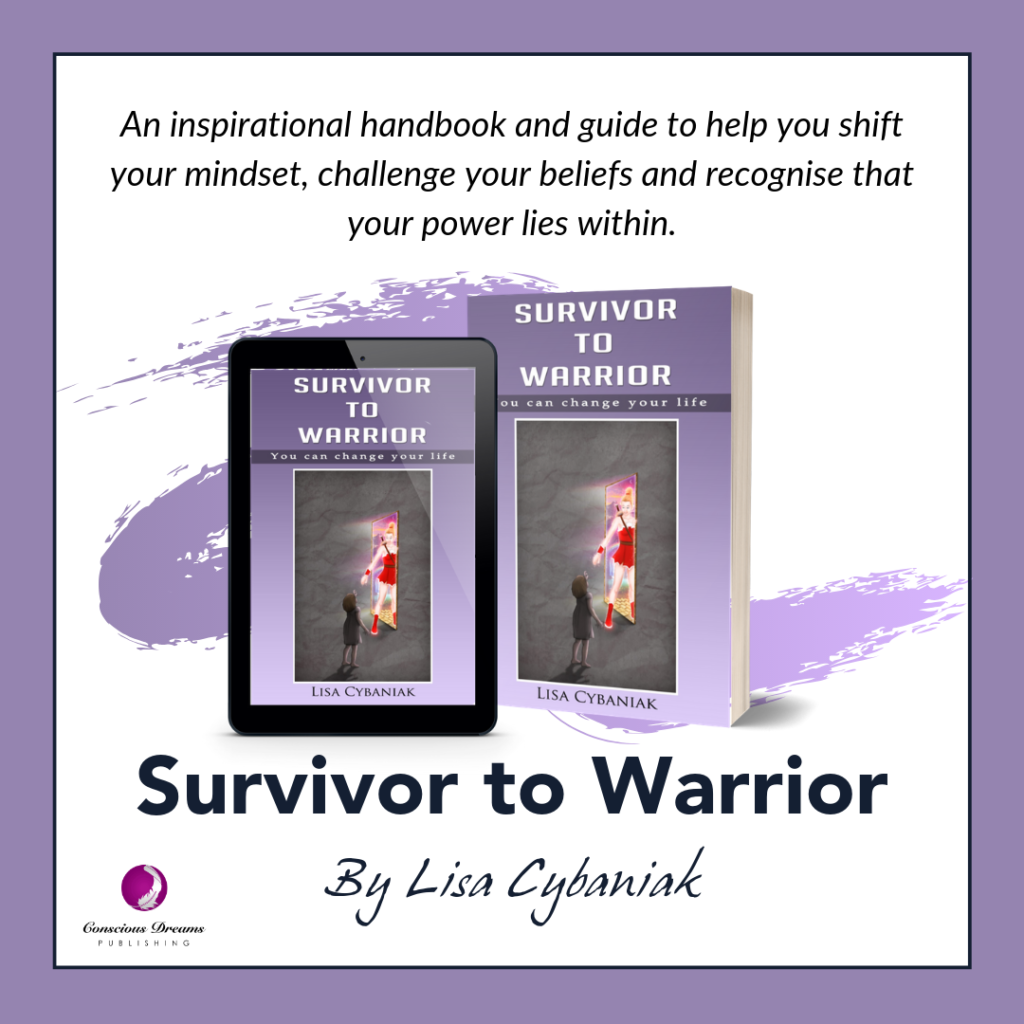
Register for the Mindfulness Mastermind Course!
Voice over credit: Shari Vandermolen. Shari is offering a free download of one of her songs to the fans of the Life Like You Mean It podcast! Just visit www.GiftFromShari.com and tell her where to send it. Shari’s debut album is available for streaming on all the major platforms including Spotify and iTunes.
Top Picks
Freebies for You!
